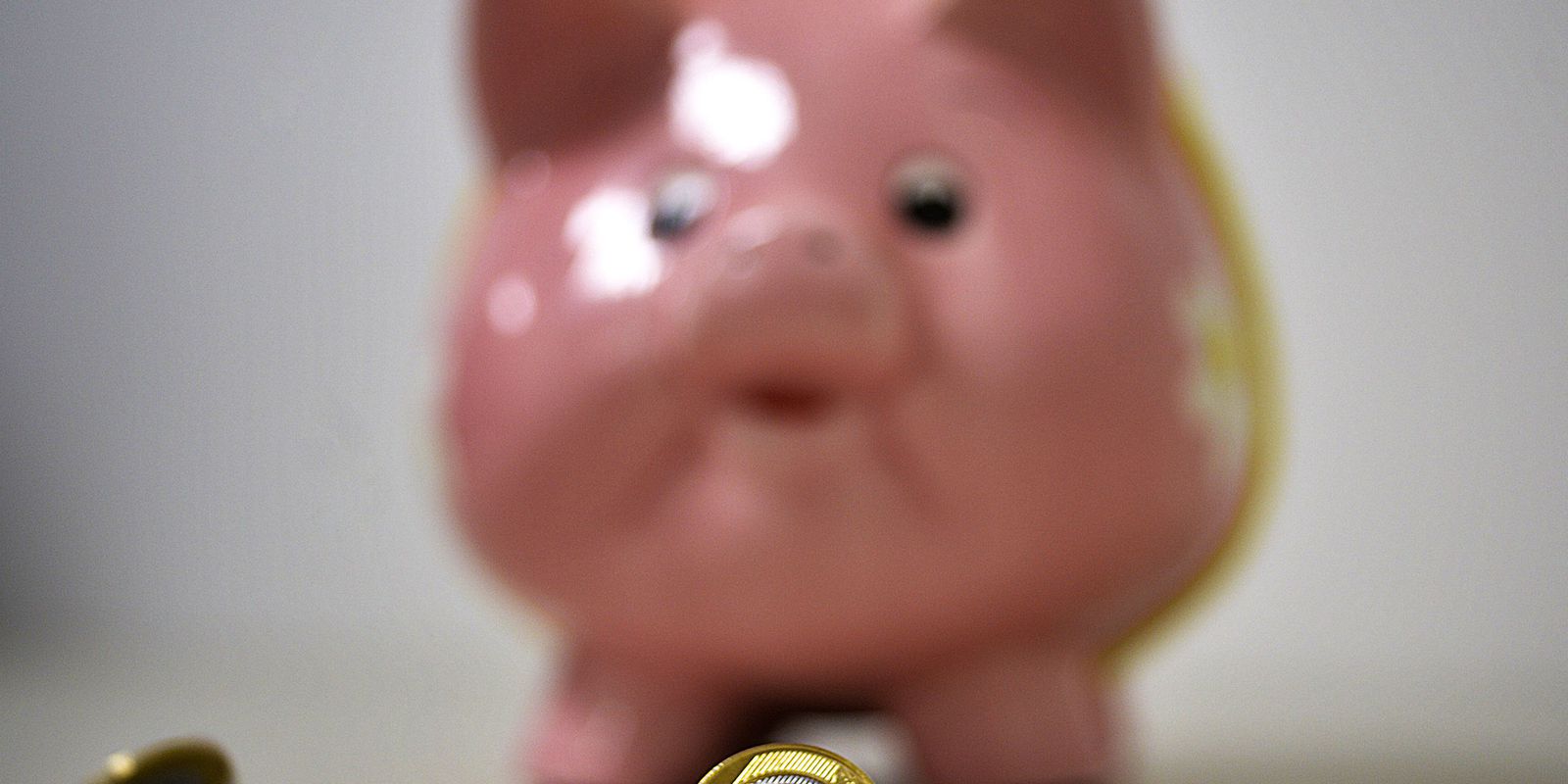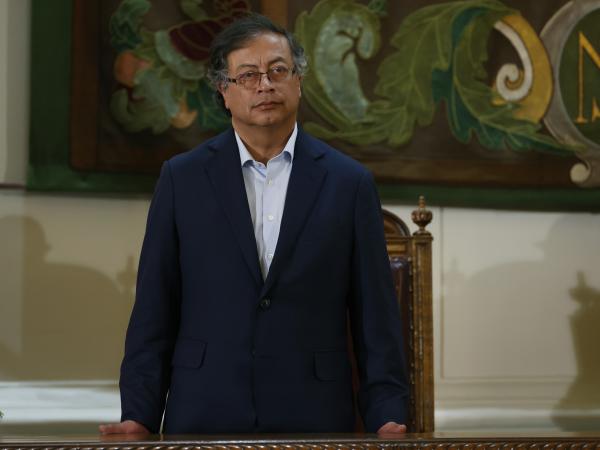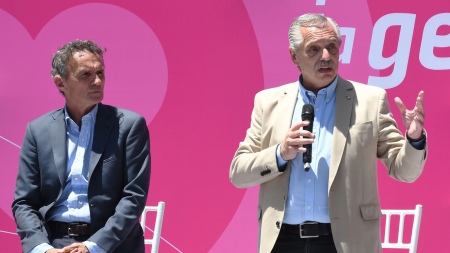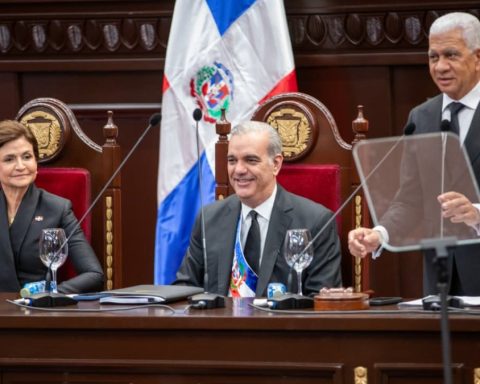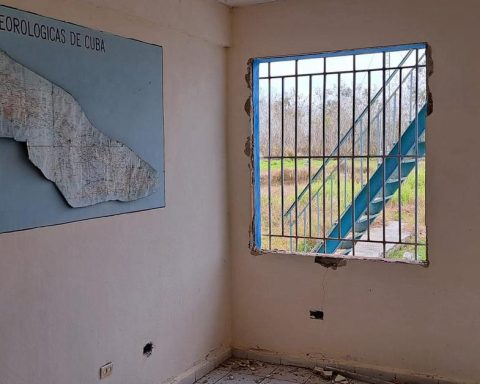The decline in inflation in 2022 brought good news for investors in the country’s most traditional financial application. For the first time in four years, the savings account yielded more than inflation.
In 2022, the Extended National Consumer Price Index (IPCA) stood at 5.79%, as announced today (10) by the Brazilian Institute of Geography and Statistics (IBGE) . The indicator is considered the official inflation index, used by the Central Bank (BC) to define the interest rate.
According to the Citizen’s Calculator, available on the BC website, an investment in the savings account yielded 7.9% in 12 months. The value considers an application made on January 1 of last year and which was not changed until January 1, 2023.
The last time savings had exceeded inflation was in 2018, when the account had yielded 0.85% above the IPCA in 12 months. Since then, the combination of high inflation and low interest rates has eroded the income of the most popular investment in the country. The worst moment occurred in October 2021, when the investor lost 7.59% against inflation in the accumulated 12 months.
Despite yields above inflation, savings recorded a lower performance than other fixed-income investments. Investments in Bank Deposit Certificates (CDB) yielded 12.25% last year, 6.24 percentage points above inflation. The passbook, however, outperformed the stock market. In a year marked by instability, the Ibovespa index rose 4.69%, but yielded 1.04% less than the IPCA.
From March 2021 to August 2022, the BC raised the Selic rate (basic interest rate) from 2% to 13.75% per annum. The IPCA, which until July last year exceeded two digits in the accumulated result for 12 months, retreated after three consecutive deflations (August, September and October) caused mainly by the cut in taxes on fuel, energy, telecommunications and public transport. These two factors gradually reversed the loss of savings to inflation.
Prospects
Currently, savings yields 6.17% per year plus the Referential Rate (TR). This rule applies when the Selic rate is above 8.5% per annum, which has occurred since December of last year. When basic interest rates are below this level, savings yield only 70% of Selic.
For 2023, savings will continue to beat inflation. In the last edition of the Focus bulletin, a weekly survey with investors released by the Central Bank, market analysts predicted that the IPCA should close this year at 5.36%. As the Focus bulletin also predicts that the Selic will end 2022 at 12.25% per annum, the passbook will continue to yield around 7% in the accumulated 12 months.
The improvement in income should help contain the record drain of resources from savings observed in 2022. Last year, Brazilians withdrew from financial investments BRL 103.24 billion more what they deposited. Last month, there was net inflow (more deposits than withdrawals) of R$ 6.26 billion, a result boosted by the payment of the second installment of the thirteenth salary.
